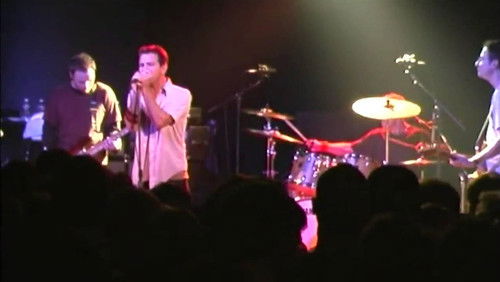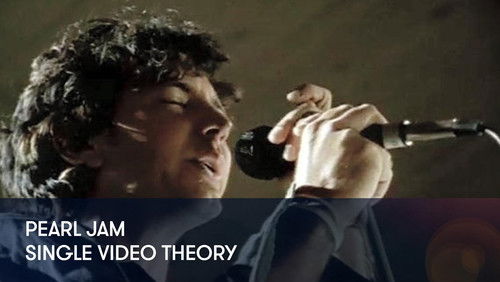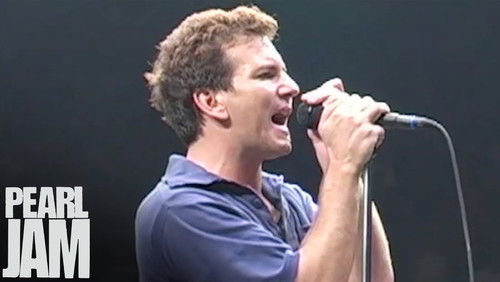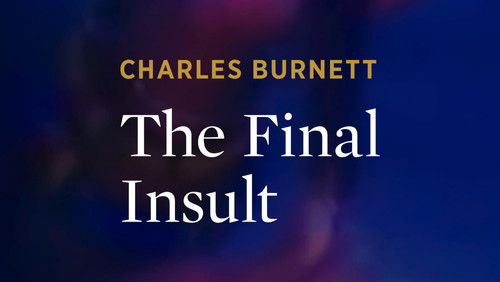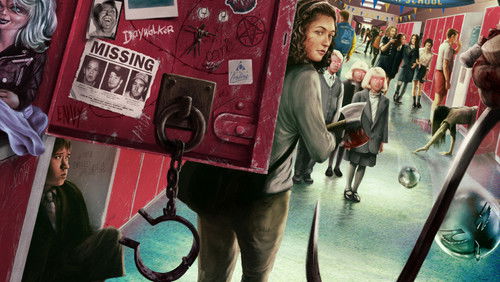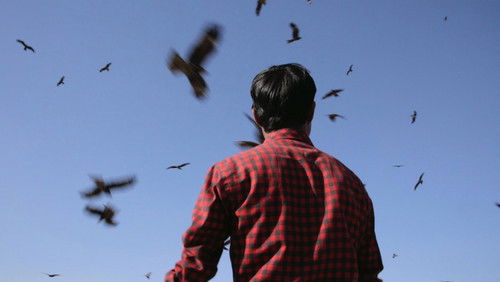Future Baby (2016)
6KFuture Baby: Directed by Maria Arlamovsky. A film about the future of human reproduction as it happens right before our eyes. This investigation takes us around the world to patients and researchers, to egg donors and surrogate mothers, to laboratories and clinics. The hopes and wishes of future parents mesh with research on how to optimize the human genome in the face of an ever accelerating rate of progress. How far do we want to go?
“More than five million humans born using in-vitro fertilization (IVF) are walking the earth, which suggests a tacit societal acceptance of using such medical technology to cure infertility. However, IVF is no longer the only reproductive technology out there, nor are its uses confined to curing infertility. With sperm and egg-cell banks, mitochondrial donations, surrogate mothers, improved genetic screening and rapid advances in DNA manipulation, what we understand by human reproduction is in flux.u003cbr/u003eu003cbr/u003eA knee-jerk reaction to all this may be to either fully embrace or flatly reject this development, entrenched in some liberal or conservative ideology. Neither path is taken by Maria Arlamovsky, the author of the u0026quot;Future Babyu0026quot;. Guided by curiosity and deeply felt human empathy, she presents us with interviews with numerous scientists, entrepreneurs, couples, egg donors and surrogates from (quite literally) around the world. It allows us to form a nuanced picture of where the reproductive technology is going and what it means to its creators and users.u003cbr/u003eu003cbr/u003eThe result is nothing short of amazing. All technical aspects are described in plain language and the calm, confident editing ensures that even the most emotional parts feel natural and candid. Despite the breadth of topics covered, it never feels rushed or confusing. There is no u0026quot;infotainmentu0026quot; style animations or voice-over narration, and no detectable ideological bias.u003cbr/u003eu003cbr/u003eHighlights include a double interview with egg donors, each of whom has a dramatically different perspective on the consequences of their actions, the interview with the inventor of the Pill, Carl Djerassi, whose ideas are quite provoking, but consistent and a segment, which details the relationship between a surrogate and her clients.u003cbr/u003eu003cbr/u003eDuring the screening I thought it was a bit odd that the film almost never comes back to the same interviewees. In retrospect, it seems like a conscious decision that allows the film to cover more ground and it does not feel like we are missing much depth. There were no interviews with sperm donors and only one with a grown-up IVF child, which I found odd as well. In the Qu0026amp;A session after the screening, the author explained that it was very difficult to get access to the donors and she was also more interested in the female side of the problem. As for the IVF children, the author kept the footage for another film focusing specifically on them – I am thrilled to watch it, when it comes out.u003cbr/u003eu003cbr/u003eAll in all, I cannot recommend this film enough. Attending the Qu0026amp;A with the author only solidified my opinion of her as a sensitive, humble and professional filmmaker and I would love to see her other works, which sadly do not seem to be available on DVD. u0026quot;Future Babyu0026quot; is a blueprint on how to deal with complex and potentially controversial subjects.”

